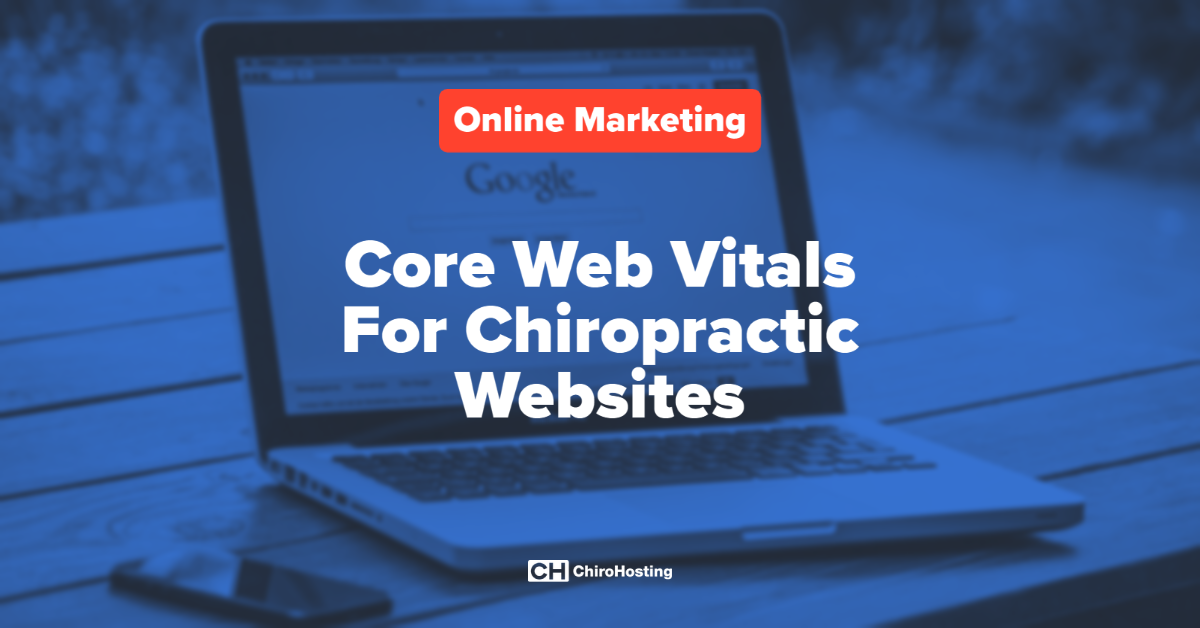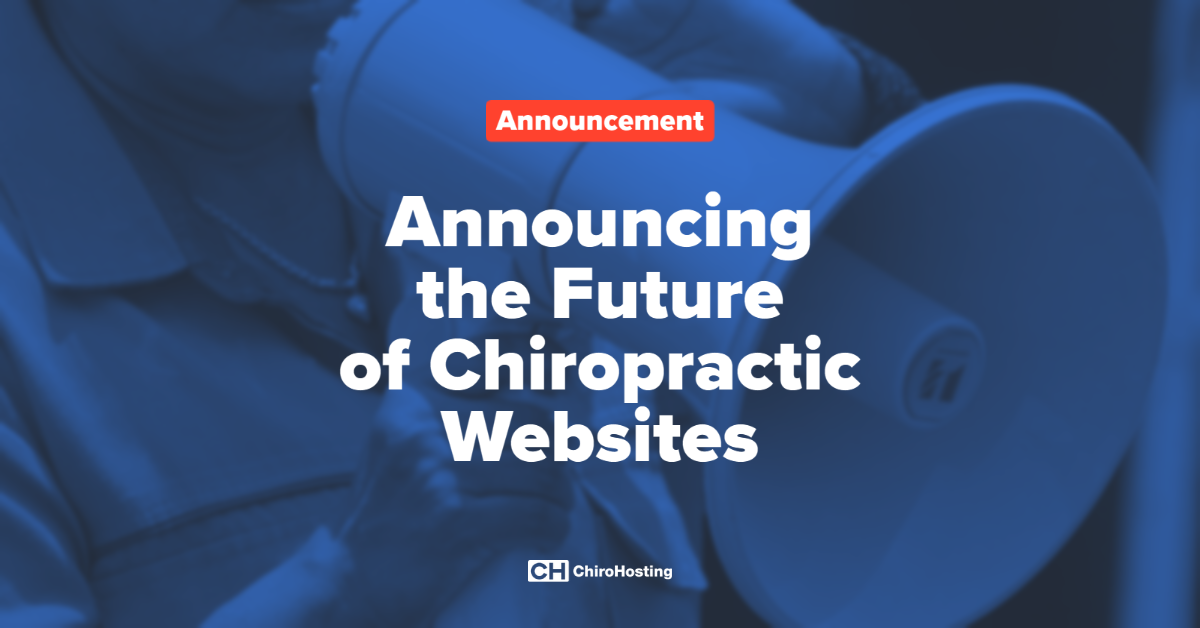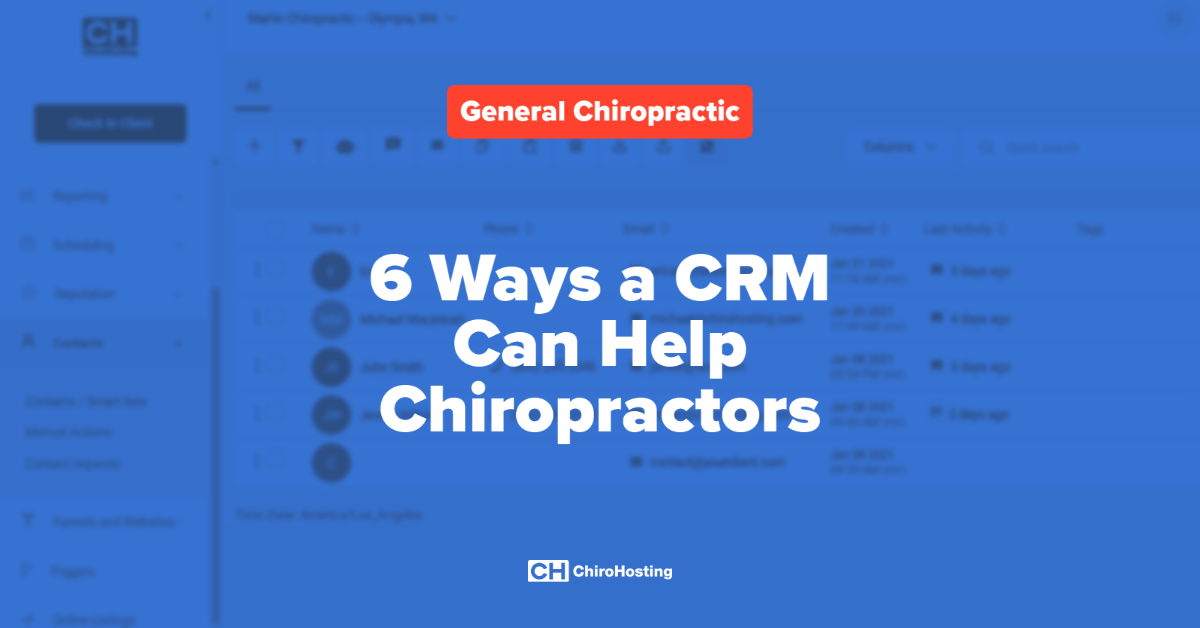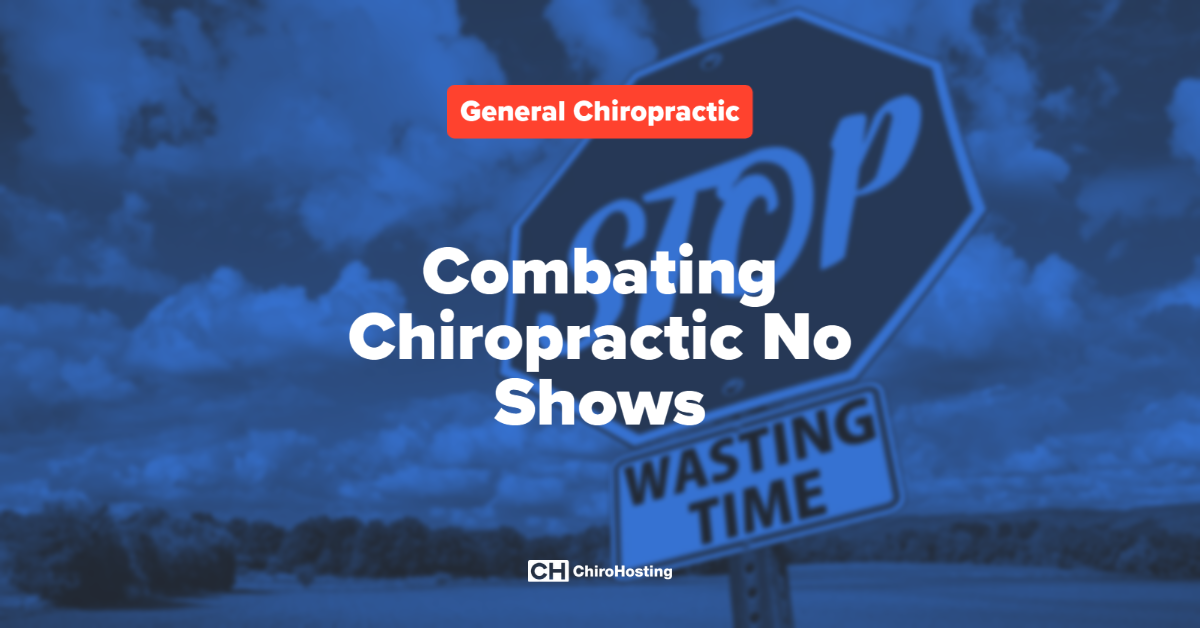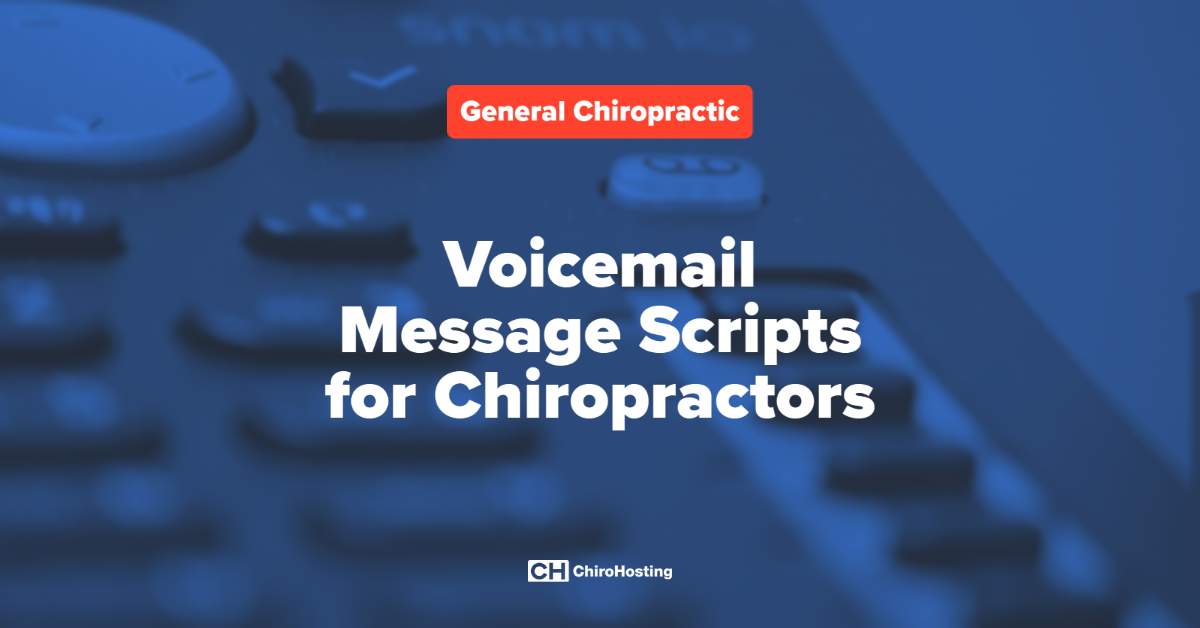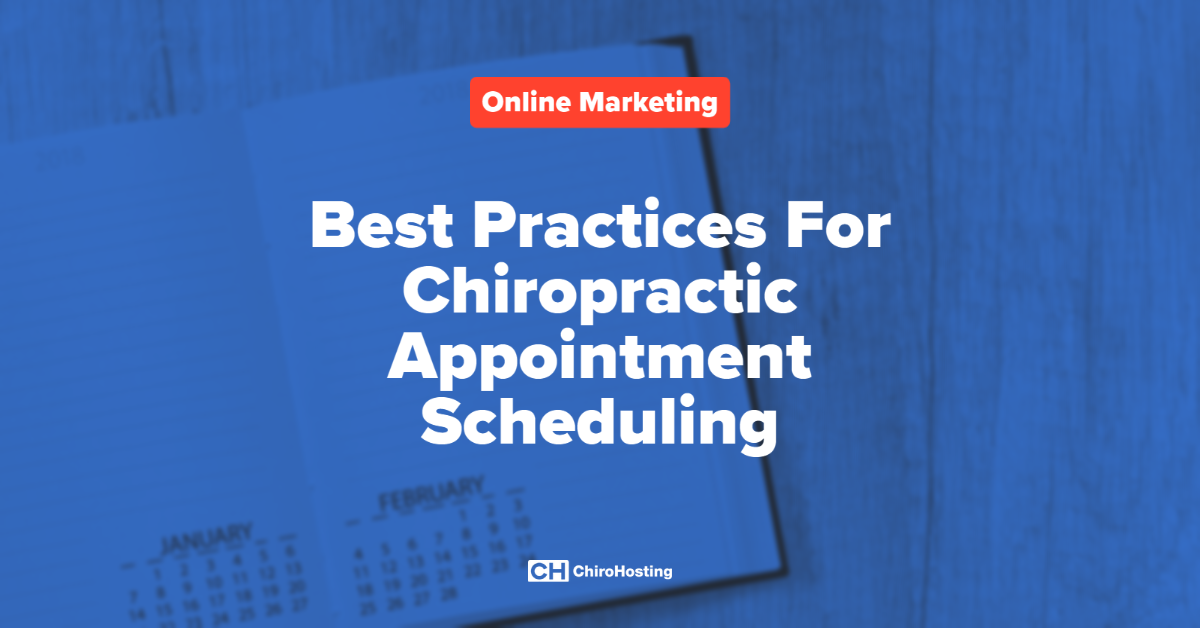I just finished talking about search engine optimization (SEO) with Dr. Mike Cocco @ Amity Chiropractic and he asked me to give him some blogging pointers. Dr. Cocco is having some difficulty with his geographic location, on the outskirts of New Haven, and wants to laser target his marketing to a few important areas of New Haven county. His website is rising quickly in several keywords but he isn't getting very many new patients because his keywords aren't properly targeted- his existing keywords only target 6000-8000 people in a metropolitan area of around 900,000. How the heck do you fix that?
There are a few options:
1. Create inbound links to your website (example: chiropractic website) or pay someone to create them for you. Google gives inbound links a decent amount of weight BUT they can easily backfire and Google is getting better at recognizing "link spam" - people who add links just to increase their website ranking. It's a very risky technique that requires significant expertise.
2. Develop a social media strategy to send traffic to your website. I highly recommend social media but it requires months of hard work to pay off and doesn't particularly effect your SEO.
3. Maintain a blog. This is, by far, the easiest solution to Dr. Cocco's situation. By writing 3-4 short blog articles per month he can easily dominate New Haven's outlying communities and he'll eventually rank well on "New Haven chiropractor", the largest search term in his area. Blogs can also develop a dedicated readership if good content is posted regularly.
The winning chiropractic marketing strategy is pretty clear, huh? Blogs are easy to set-up, easy to maintain, and they're incredibly powerful. In fact, blogs are the reason we dominate large national search terms like "chiropractic websites". If we can use this strategy to dominate national searches, you can easily dominate your metropolitan area.
*** Brief background: "blog" stands for "weblog". It's a tool that allows you to quickly post short articles on your website, like an online journal. They've been around for a long time but they've gained popularity over the last 5 years and now they're virtually a necessity. ***
There are several free blogging services: Wordpress, Blogspot, Blogger, Tumblr, etc. I usually recommend Wordpress because it can be easily installed on any website (our websites include an SEO optimized blog).
The hardest part about blogging is coming up with something to write about. Trust me, you can sit in front of the computer for hours trying to think of something to write about. Here's an easy trick:
* Set a timer for 15 seconds and write down all of the blog topics you can come up with until the time runs out.
* Set the timer for another 15 seconds. This time, write down as many auto injury topics as you can come up with until the time runs out.
Was the second task easier? Brainstorming is much more efficient when you focus on specific, niche information and it's really hard when you try to focus on broad topics. I recommend having a "topic of the day" that covers detailed information on sciatica, carpal tunnel, auto injuries, etc. Sprinkle in a few articles about your hometown, local events, and your family.
The second most common question is "how should I structure my blog articles?" Here's an easy answer: start with a question, give some background information, then answer the question. Don't worry too much about the structure...just stick to a casual style that sounds natural when you read it outloud. People don't expect high-class literature, they just want readable information.
Keywords are the final component of a successful blog. You'll want to include words like: chiropractor, chiropractic, sciatica, back pain, the name of your town, outlying townships, and your own name. There's a fine balance between writing articles that are Google friendly and also easily readable by humans. When in doubt, make it sound more natural.
*** Advanced users: an optimum keyword density is between 7% and 9%, depending on the keyword and your Page Rank ***
That wraps up this chiropractic marketing article. If you have any specific questions, leave a comment!
Rod Campbell
Marketing Director
Chirohosting.com



